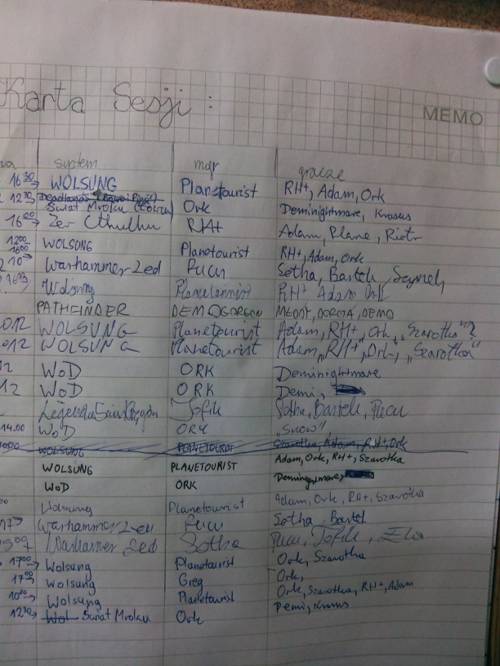
FAQ About Cultural Impact of Role-Playing Games

What are role-playing games (RPGs)?
Role-playing games (RPGs) are a type of game where players assume the roles of characters in a fictional setting. Players take on narrative roles, often accompanied by rules and guidelines provided in a game manual. RPGs can be played on tabletop with dice and paper, or in virtual environments on computers and consoles. Examples of RPGs include Dungeons & Dragons and The Elder Scrolls series.

How do RPGs encourage community building?
RPGs encourage community building by fostering collaboration and communication among players. Whether in person or online, players work together to overcome challenges, craft stories, and explore fictional worlds. This interaction helps form strong bonds and creates a sense of community among participants. Online forums and social media also play a significant role in bringing RPG communities together, allowing for sharing of experiences, tips, and resources.

What is the cultural significance of role-playing games?
The cultural significance of role-playing games extends beyond entertainment, as they often serve as a means for players to explore different identities and narratives. RPGs can reflect societal issues and inspire creativity and empathy. They have influenced literature, film, and video games, contributing to a broader understanding of storytelling and character development. Furthermore, RPGs have emerged as a form of social engagement, promoting inclusivity and diversity within their communities.

What is the difference between tabletop RPGs and virtual RPGs?
Tabletop RPGs, such as Dungeons & Dragons, are played physically with dice, paper, and often miniatures, typically involving a game master who guides the narrative. Virtual RPGs are played on computers or consoles, featuring graphics and programmed environments. While both forms involve collaborative storytelling and character development, virtual RPGs offer visual and audio enhancements that can enrich the playing experience, whereas tabletop RPGs emphasize face-to-face interaction and imagination.

How have RPGs evolved over time?
RPGs have evolved significantly since their inception in the 1970s with tabletop games like Dungeons & Dragons. Initially focused on fantasy settings, RPGs have expanded into various genres including sci-fi, horror, and historical themes. With advancements in technology, RPGs have transitioned into digital formats allowing for massive multiplayer online environments, detailed graphics, and complex narratives. These changes have broadened RPG appeals, catering to diverse audiences and interests.

Can role-playing games improve social skills?
Yes, playing RPGs can improve social skills. They require players to collaborate, negotiate, and communicate effectively, encouraging teamwork and empathy towards others' perspectives. By interacting with diverse characters and scenarios, players can develop a greater understanding of social dynamics and enhance their problem-solving abilities.

What are some common misconceptions about RPGs?
Common misconceptions about RPGs include the belief that they promote antisocial behavior or are only for young people or "geeks." In reality, RPGs can be a social activity that fosters creativity and cooperation among players of all ages and backgrounds. Another misconception is that all RPGs are fantasy-based; however, RPGs span various genres from sci-fi to horror and even historical settings.

How do RPGs contribute to storytelling?
RPGs greatly contribute to storytelling by allowing players to become co-creators of narratives. Participants shape the storyline through their decisions, adding depth and personalization to the game. The interactive nature of RPGs enables rich character development and nuanced plots, offering a unique form of storytelling that engages players in ways linear narratives cannot.

What role do game masters play in tabletop RPGs?
Game masters (GMs) in tabletop RPGs are pivotal to the gaming experience. They serve as the narrator, setting the scene, and guiding the story while managing the rules and events that affect the players. GMs facilitate player interactions and ensure that everyone has the opportunity to contribute to the story, often improvising to accommodate players' choices, which enhances the dynamic storytelling nature of the game.

How do RPGs promote inclusivity and diversity?
RPGs promote inclusivity and diversity by providing players with opportunities to explore different cultures, backgrounds, and perspectives. Many RPGs encourage the creation of diverse characters and settings, either from established lore or through homebrew content created by players themselves. Community-driven projects and initiatives within RPG circles also emphasize representation, with many games featuring storylines that raise awareness about social issues and advocating for marginalized voices.
